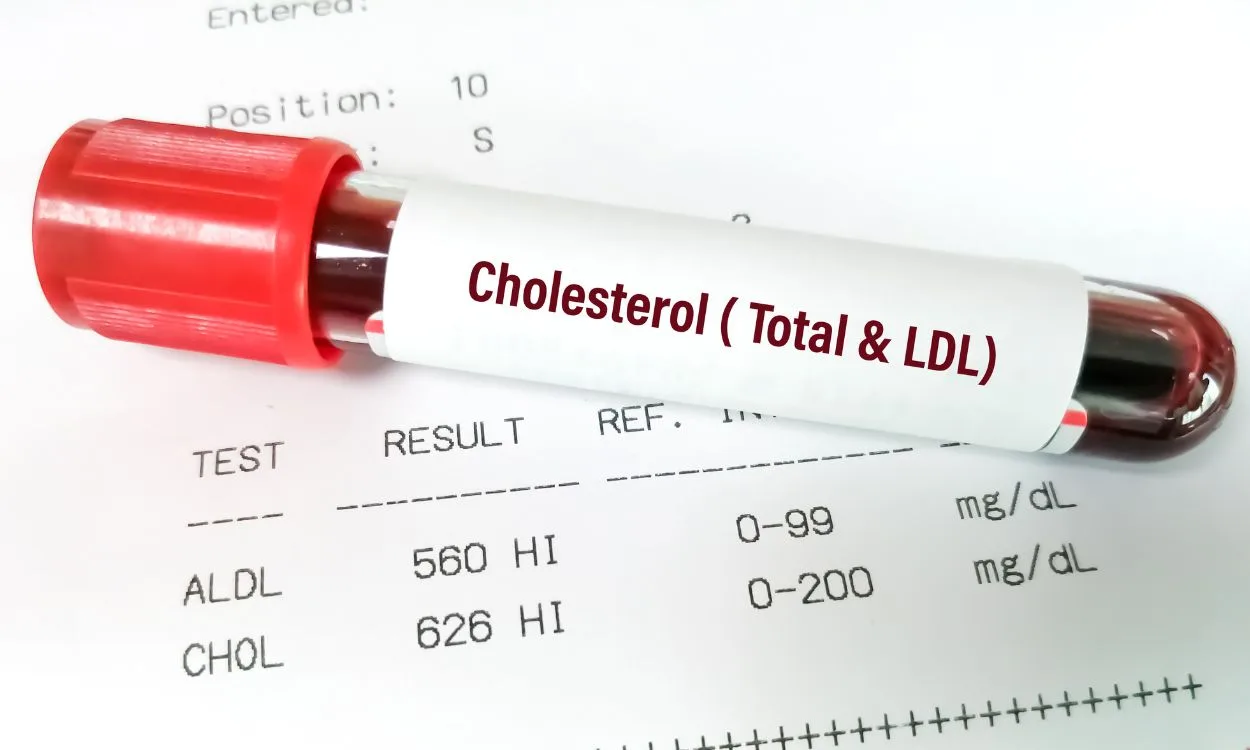Can diet affect cholesterol and triglyceride levels?
Maintaining healthy cholesterol and triglyceride levels is crucial for overall heart health. Diet plays a significant role in managing these levels, and making the right food choices can have a positive impact on your cardiovascular well-being. In this article, we will explore how diet can affect cholesterol and triglyceride levels and provide valuable insights into making dietary changes for better heart health.
Understanding cholesterol and triglycerides
Before delving into the impact of diet on cholesterol and triglyceride levels, it’s important to understand what these substances are and their role in the body.
- Cholesterol: Cholesterol is a waxy substance produced by the liver and obtained from certain foods. It is necessary for the production of hormones, vitamin D, and bile acids, which aid in digestion. However, high levels of cholesterol can lead to the accumulation of plaque in the arteries, increasing the risk of heart disease.
- Triglycerides: Triglycerides are a type of fat found in our blood. They are derived from the foods we eat and are primarily stored in fat cells. Elevated triglyceride levels are associated with an increased risk of heart disease, especially when combined with high cholesterol levels.
The impact of diet on cholesterol and triglyceride levels
Diet plays a crucial role in managing cholesterol and triglyceride levels. By making the right food choices, you can help lower your cholesterol and triglyceride levels and reduce the risk of heart disease. Here are some dietary factors to consider:
- Choose healthy fats: Saturated and trans fats can raise cholesterol levels, while unsaturated fats can help lower them. Include foods rich in monounsaturated fats, such as avocados, olive oil, and nuts, as well as foods rich in polyunsaturated fats, such as fatty fish, flaxseeds, and walnuts. These fats promote heart health and can help lower LDL (bad) cholesterol levels.
- Increase fiber intake: Soluble fiber found in foods like oats, barley, legumes, fruits, and vegetables can help lower cholesterol levels. It binds to cholesterol in the digestive system and helps eliminate it from the body.
- Limit dietary cholesterol: While dietary cholesterol does not have as significant an impact on blood cholesterol levels as saturated and trans fats, it’s still advisable to limit sources of dietary cholesterol. Avoid or minimize consumption of foods high in cholesterol, such as organ meats, egg yolks, and full-fat dairy products.
- Include omega-3 fatty acids: Omega-3 fatty acids, primarily found in fatty fish like salmon, mackerel, and sardines, can help lower triglyceride levels. Aim to include these fish in your diet at least twice a week. If you don’t consume fish, consider incorporating plant-based sources of omega-3s like flaxseeds, chia seeds, and walnuts.
- Reduce refined carbohydrates and sugar: Diets high in refined carbohydrates and added sugars can increase triglyceride levels. Limit your intake of sugary beverages, processed snacks, and refined grains. Instead, opt for whole grains, fruits, and vegetables to provide essential nutrients without the negative impact on triglycerides.
Fitpaa: Your partner in achieving optimal heart health
If you’re looking for a comprehensive solution to achieve and maintain optimal heart health, Fitpaa can be your trusted partner. Fitpaa offers an AI-driven Metabolism monitoring and management technology that combines the latest research in Lifestyle Medicine and Behavioral Therapy to support your health goals.
With Fitpaa, you can take a Metabolism Assessment to identify the root cause of your health condition and receive personalized recommendations based on your unique metabolism and goals. The Fitpaa Capsule, a combination of medical therapy, medical exercise therapy, medical nutrition therapy, and cognitive behavior therapy, is designed to optimize your metabolism and help you achieve your health and fitness goals with a guaranteed 100% success rate.
The Fitpaa mobile app provides real-time guidance and supports you throughout your journey. It features tools like a virtual workout trainer, diet tracker, performance tracking, and progress monitoring to ensure you stay on track. Fitpaa’s team of experienced fitness planners, nutritionists, fitness trainers, and doctors regularly review your progress and make necessary adjustments to ensure you achieve your goals.
Don’t wait any longer to prioritize your heart health. Download the Fitpaa app today and embark on a transformative journey towards a healthier, fitter, and more fulfilling life. Your wellbeing is our mission, and Fitpaa is here to help you every step of the way!
Remember, taking control of your diet and making healthy lifestyle choices are crucial for managing cholesterol and triglyceride levels. Invest in your heart health today and reap the rewards of a vibrant and disease-free life.









